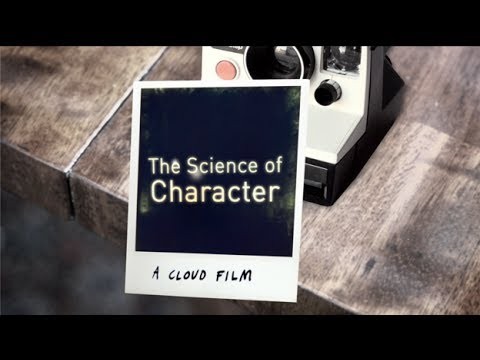Year 7
After a very busy and enriching first term, the routine of classes is very apparent in Year 7. Learning, both within and beyond the classroom, continues to be rewarding for all students who are prepared to face each challenge with enthusiasm and hope.
Year 7 students must be congratulated on their active participation in the life of Kilbreda. It has been so rewarding to watch friendships flourish and students gain confidence. Many students have attended the musical auditions, joined the Choir, signed up to learn an instrument and may be contemplating trying out for various sports this week.
At Kilbreda, there is a deep and active regard for each student’s wellbeing. Our school policies, programs, structures, and curriculum and, in fact, all our undertakings, are student-centered.
During Pastoral time this term, Year 7s will focus on character strengths and behaviours allowing students to build a life of meaning and purpose – to move beyond surviving to flourishing. Such an environment affords all students experiences of connectedness, a sense of belonging, engagement and positive, respectful relationships with peers and teachers.
At Kilbreda we believe that positive relationships lie at the heart of learning and for children to be ready to learn, they must first feel happy and secure. How to have a good relationship with others, how to form positive and life-giving relationships and how to resolve conflict is part of what each person must learn to live rich, hope-filled and rewarding lives.
Kilbreda uses the approach known as Restorative Practices to respond to and manage conflict and challenging behaviors and to foster personal accountability and socially responsible relationships between people. Restorative Practices is based on the principles of affirmation, respect, and reciprocal responsibility. It teaches positive social interaction and emotional literacy and helps students learn to be understanding of how their behavior impacts on others.
We ask that students do not contact parents during school hours. Mobile phones are not permitted during school hours. Phones must be on silent or turned off in school bags as soon as students arrive at school. Students are encouraged to inform a teacher if an issue arises.
The hyperconnected nature of our current environment means we are reminded of our challenges via numerous media and social media channels. Our connectivity to the digital world exposes us to a barrage of messages leaving us feeling overwhelmed, stressed and anxious. Unfortunately, our brains have not evolved fast enough to adapt to this digital landscape. The combination of constant access to information and having little control over the situations presented, can be stressful. Adult carers are encouraged to check in with their children and be aware of what information they may have been exposed to. It may not necessarily be the information itself that is harmful, but rather their inability to process and understand. By providing children and young people with the skills and strategies to cope, we enable them to flourish and thrive – socially, emotionally and academically.
Adolescence is the transitional stage of development. The rate of this transition will vary depending on the individual and their gender. Setting boundaries, implementing consistent monitoring, and maintaining a strong and loving connection will help families adjust during this time. The role of parents is to prepare children for independence. That involves the guiding values such as kindness, fairness, courage, patience, and honesty. Growing up is a lifelong task.
Leah Cristiano
Level Leader: Year 7




